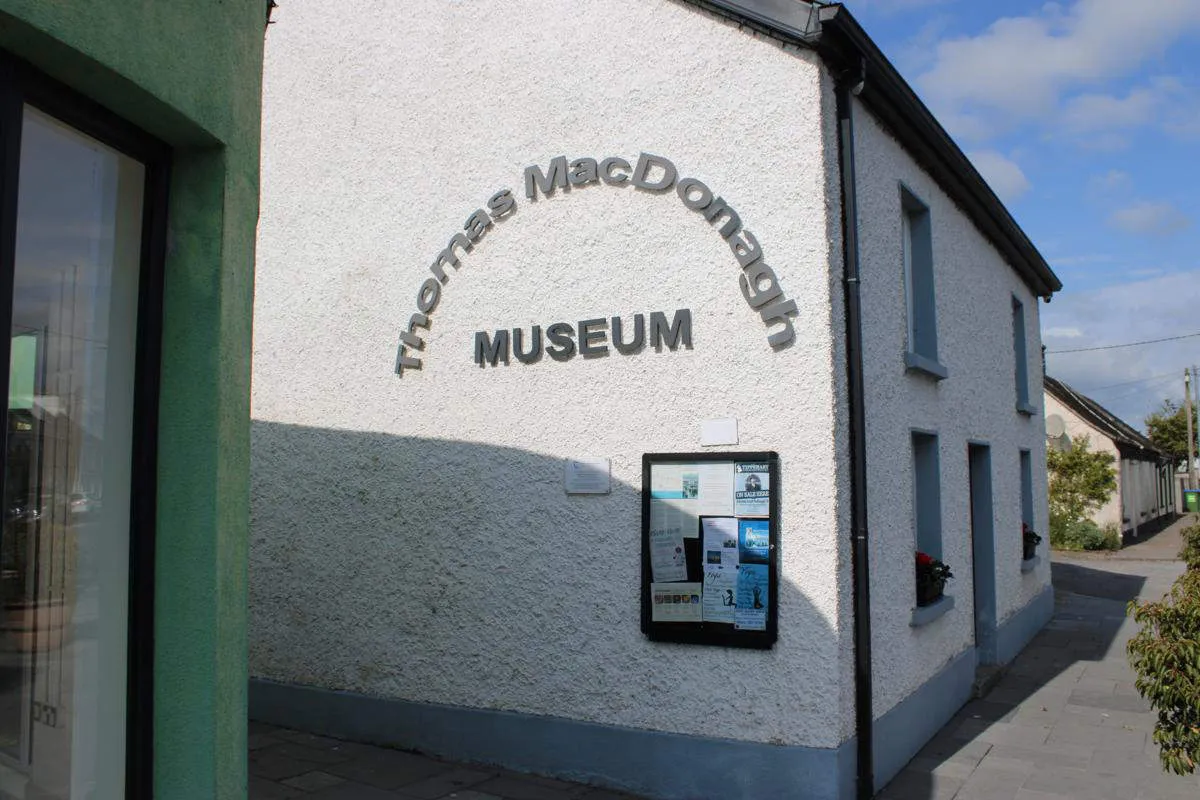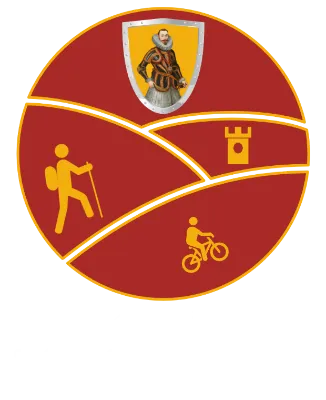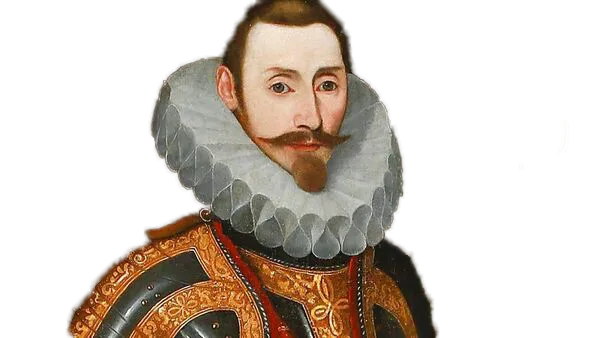Thomas MacDonagh
Poet & Patriot from Cloughjordan
Thomas MacDonagh is recognized as a leader of the Easter Rising in 1916 and is the sole signatory of the Provisional Government's Proclamation from Tipperary. The residents of Cloughjordan are proud to acknowledge him as a native resident and appreciate the many mentions of the town and its events in MacDonagh's poetry, which were inspired by the happy days he spent there during childhood.
Thomas Stanislaus MacDonagh was born on February 1, 1878, in Cloughjordan to Joseph and Mary Louise MacDonagh. He had four surviving brothers and sisters, and three older siblings who passed away in infancy.
MacDonagh went on as a trainee teacher at Rockwell College and planned on joining the Order of the Holy Ghost Congregation. However, he realized he didn't have a calling and took a teaching job at St. Kieran's College, Kilkenny. During this time, he became heavily involved in the Gaelic League and published his first poetry collection, Through the Ivory Gate. In his work Knocknacree, he reminisced about his joyful memories of the woods he frequented in his youth.
MacDonagh was a teacher at St. Colman's College in Fermoy from 1901-1906. During that time, he co-founded the Association of Secondary Teachers of Ireland (ASTI) and became vice-president of the local Gaelic League branch. He translated Cathal Bhuidhe MacGiolla's poem An Bonnán Buí (The Yellow Bittern) and published two books of poetry, April and May (1903) and The Golden Joy (1905). MacDonagh was later appointed assistant headmaster at Scoil Eanna, Oakley Road, Ranelagh, where he met Padraic Pearse.
Family
MacDonagh married Muriel Gifford from Dublin on 3 January 1912. Her sister, Grace, later married Joseph Mary Plunkett, who was also to become a signatory of the Proclamation. Thomas and Muriel had a son, Donagh, and a daughter, Barbara. These were happy, busy years filled with family and scholarship. MacDonagh’s scholarly study Thomas Campion and the Art of English Poetry was published that year. Lyrical Poems was published, described by Thomas as containing “all that I wish to preserve of my previous work”. Reminiscences of Cloughjordan inspired two poems in particular: The Man Upright and The Night Hunt.
Republicanism and the Easter Rising
Thomas MacDonagh was an active member of the Irish Women's Franchise League and the Industrial Peace Committee with Joseph Plunkett. He supported the strikers during the Dublin Lockout and aimed for a fair outcome. MacDonagh also co-founded the Irish Theatre and was the editor of the Irish Review. He joined the Irish Volunteers' provisional governing committee in 1913 and became Commandant of Dublin's 2nd battalion and the Dublin Brigade.
MacDonagh helped organize the Volunteers' march to Howth to collect guns from Erskine Childers. When World War 1 began, the Volunteers divided on whether to join the British Army. MacDonagh sided with Eoin MacNeill, not John Redmond who supported joining. Thomas shared his opinions at a public meeting in Cloughjordan, as reported by the Nenagh Guardian.
MacDonagh joined the Military Council, which planned the 1916 Rising, shortly before it occurred. He led a battalion stationed at the Jacob's Biscuit Factory during the Rising, but saw little action. MacDonagh surrendered on April 30 and was court martialed and executed by firing squad on May 3, 1916 at the age of 38. John MacBride was his second-in-command.
The Thomas MacDonagh Museum honours and promotes the life of the poet and patriot Thomas MacDonagh, who was a native of Cloughjordan.

Seachtar na Cásca - MacDonagh - Aoife Scott sings The Minstrel Boy

© 2023 In Tipperary, All Rights Reserved.
Web Design by Pixelweb Design

